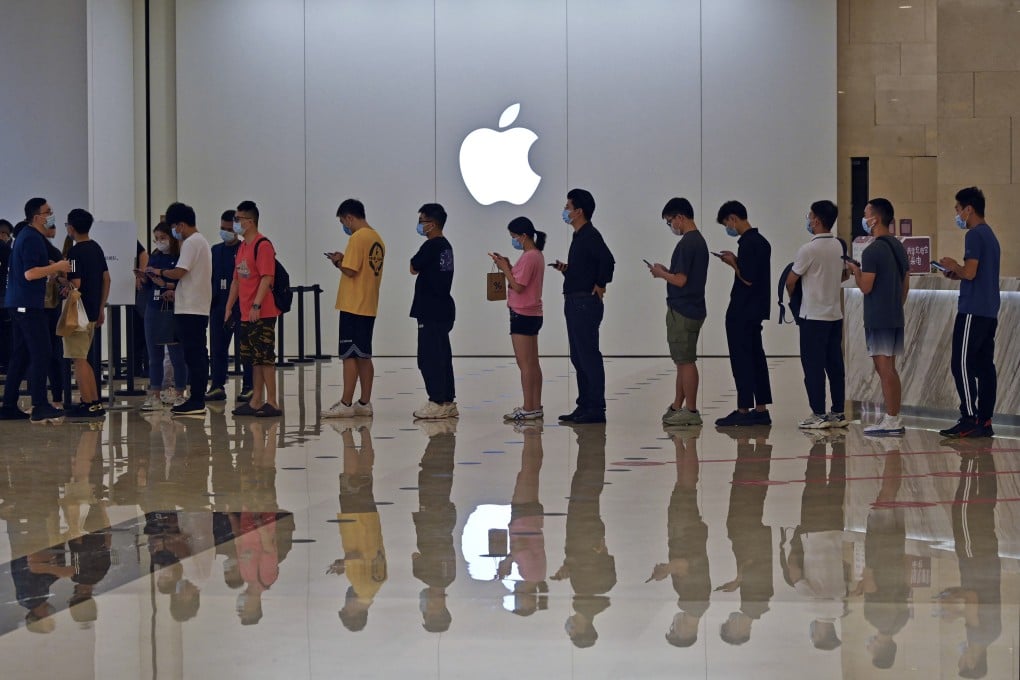How Apple’s loss of a small legal battle in China might spell big trouble down the road for US tech giant
- Supreme People’s Court in China ruled that a lawsuit filed by a Chinese consumer against Apple’s China entity on antitrust grounds can proceed to Shanghai court
- Apple’s plea that its China entity, which mainly distributes products in China, should not be sued over issues related to App store operations, was rejected

China’s Supreme Court has made a civil ruling in favour of a consumer versus the China subsidiary of Apple, in a legal development lawyers say could open the gates for more consumers in the country to file similar complaints against the iPhone maker in local courts.
In a decision last month the Supreme People’s Court in China ruled that a lawsuit filed by a Chinese consumer against Apple’s China entity on antitrust grounds could proceed in a Shanghai court, rejecting Apple’s plea that its China entity, which mainly distributes Apple’s products in China, should not be sued over issues related to App Store operations.
The case involves Jin Xin, who is demanding Apple stop charging 30 per cent commission on purchases in the China App Store, and to allow Chinese consumers to make payments through wallets other than Apple Pay, to provide 100,000 yuan (US$15,500) in compensation and to issue a public apology. The Shanghai Intellectual Property Court has yet to make a ruling over whether the person’s demands should be met.
But the decision by China’s top court to allow the lawsuit to be considered by the Shanghai court could signal more trouble ahead for Apple in China, which now accounts for a fifth of its iPhone sales. Wang Qiongfei, Jin’s attorney, told the South China Morning Post in a telephone interview that a hearing is expected to take place in Shanghai next January.

00:53
iPhone 13 release sparks buying frenzy in China
“This is a case where Chinese consumers are standing up for their rights against an international business giant,” said Wang, who is also the co-founder of KinDing, a Hangzhou-based law firm. He said the case will serve as a milestone for Chinese consumers to demand better protection from big companies like Apple.